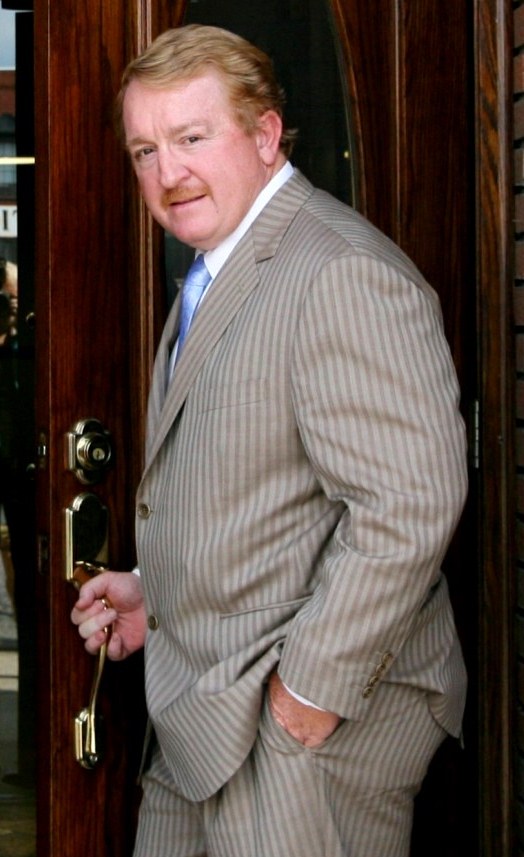
We should always carefully examine the consequences of creating laws that prohibit and harshly punish acts we simply don’t like, but that aren’t inherently evil actions. In the international world, Reverend Hyan Soo Lim was given a life sentence with hard labor today in North Korea after traveling to the country on a humanitarian aid trip – his 100th trip to the country. The sentence was handed down for “tarnishing the country’s image in collaboration with the United States”. Reverend Kim pastors a 3,000 member Presbyterian Church in Toronto.
While it is easy to say “Well, that’s North Korea”, different situations can seem equally inhumane in the United States. While marijuana is legal in many states, I have clients facing what are effectively life sentences for marijuana trafficking on “conspiracy charges”. These charges can arise when one sells 1lb of marijuana, but the people the person is operating with sell much more. If the person is deemed part of their organization, the government will attempt to punish them with decades behind bars. I realize there are differences between a humanitarian trip to a 3rd world country and selling marijuana, but there are also similarities. Acts that are deemed inappropriate by governments, but that don’t create life threatening harm by any standard, should not carry effective lifetime sentences in any country. We deem preaching a harmless and positive activity that does not threaten any government and some states in America deem marijuana a harmless and even helpful activity in some medical circumstances. Shouldn’t our most severe punishments be reserved for people who inflict real and profoundly malicious acts on our society?
In defense of the citizen accused,
Frank Lannom

